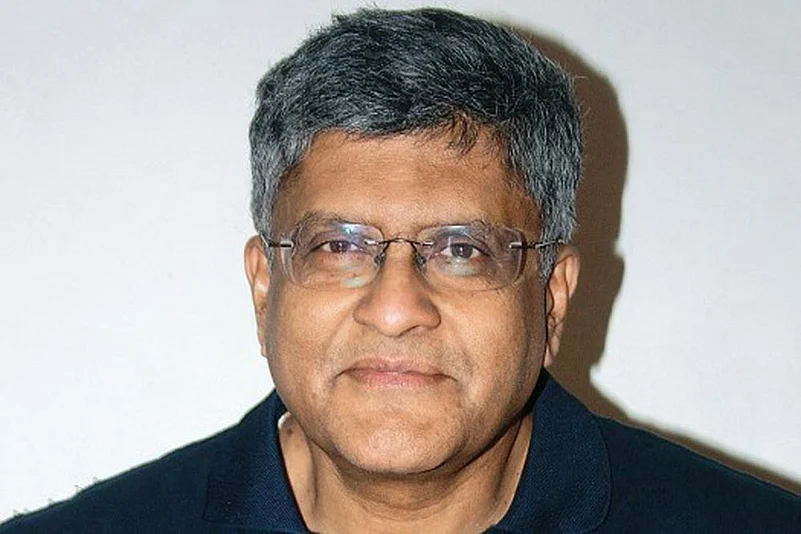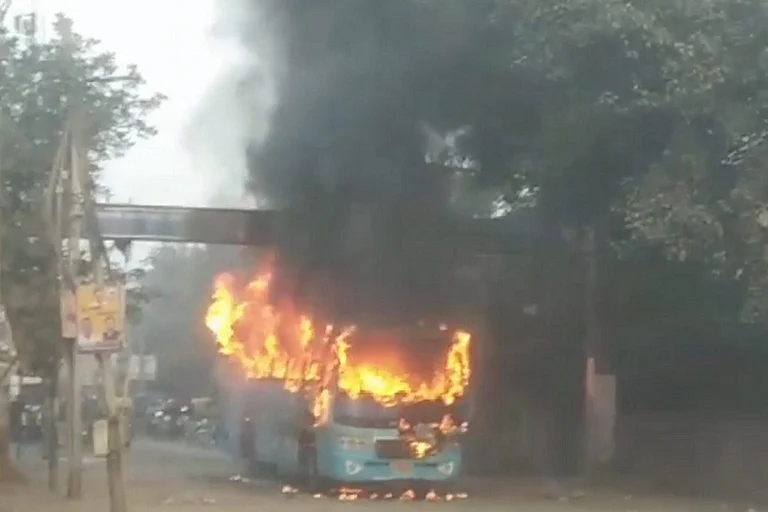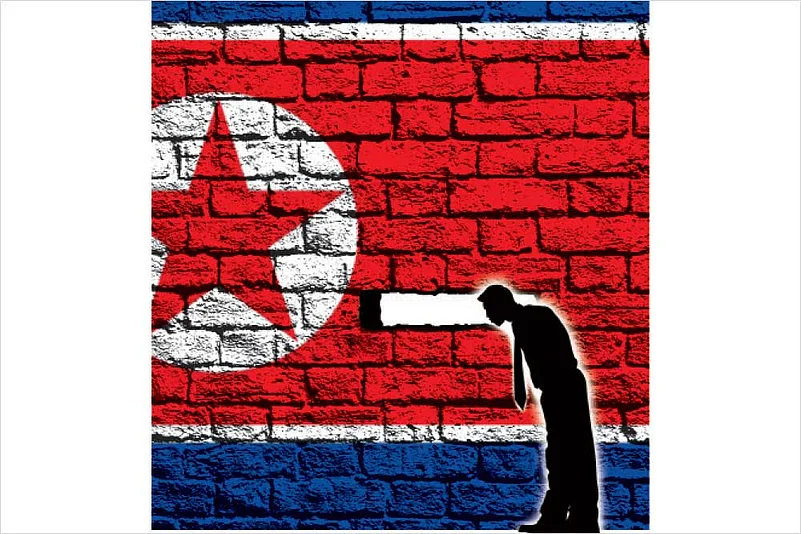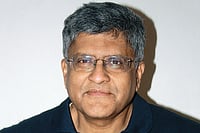It was the beginning of autumn in North Korea, or more correctly, Democratic People’s Republic of Korea (DPRK), when we moved there. The hills were auburn and gold when I was driving back from a field trip. The drivers of our vehicles pulled to the side of the road for a smoking break. I got out to stretch my legs and pulled out my camera to take a picture of a beautiful cottage in the valley below us. Multi-coloured melons on vines covered the roof of the cottage. But my government minder edged up to me and politely but firmly told me that I should not take the photo. For the rest of the trip, I badgered him about why I could not take that photo. At first, he was non-committal. Finally, out of exasperation, he told me: “We do not want pictures of poverty going out of our country”.
North Korea was a black box for us, when my wife and I flew in there from Beijing—the only place from where the country was connected by air. The airport was a concrete structure, grey and cold. We had to surrender our cellphones at the airport...we were told that we could collect them when we left the country! Greeted with hot tea in the lounge, we were driven to the compound where all foreigners are required to stay. The streets through which we drove were spotlessly clean and tree-lined. My apartment was part of the office building blocks. We had the luxury of internet connection and satellite TV—neither of which was available to the people in the country. The telephone system we used could not connect with those that were used by the nationals. Strict limits were put on contacts between foreigners and locals. There’s of course no private sector in the country: the government is the only employer and sole owner of all property and land.
Within the compound are the homes of a handful of NGOs and embassies and residences of about 25 countries. The Chinese and Russian embassies were the only ones that were located outside the compound. A few shops and a couple of restaurants were located within the compound so that the foreigners had little need to go outside.
Life is generally on a slower pace in Pyongyang, except when there is a military parade or when the mass gymnastics called, Arirang, take place. On a holiday, we could drive our cars around the town passing the “Juche” tower and the replica of the Arc de Triomphe, built so that it stands just a few metres higher than the original in Paris. A Sunday afternoon in the park on Mansudae hill is tranquil, with families having picnic lunches, children sprawled out in front of easels, a grandfather playing on his violin.





















